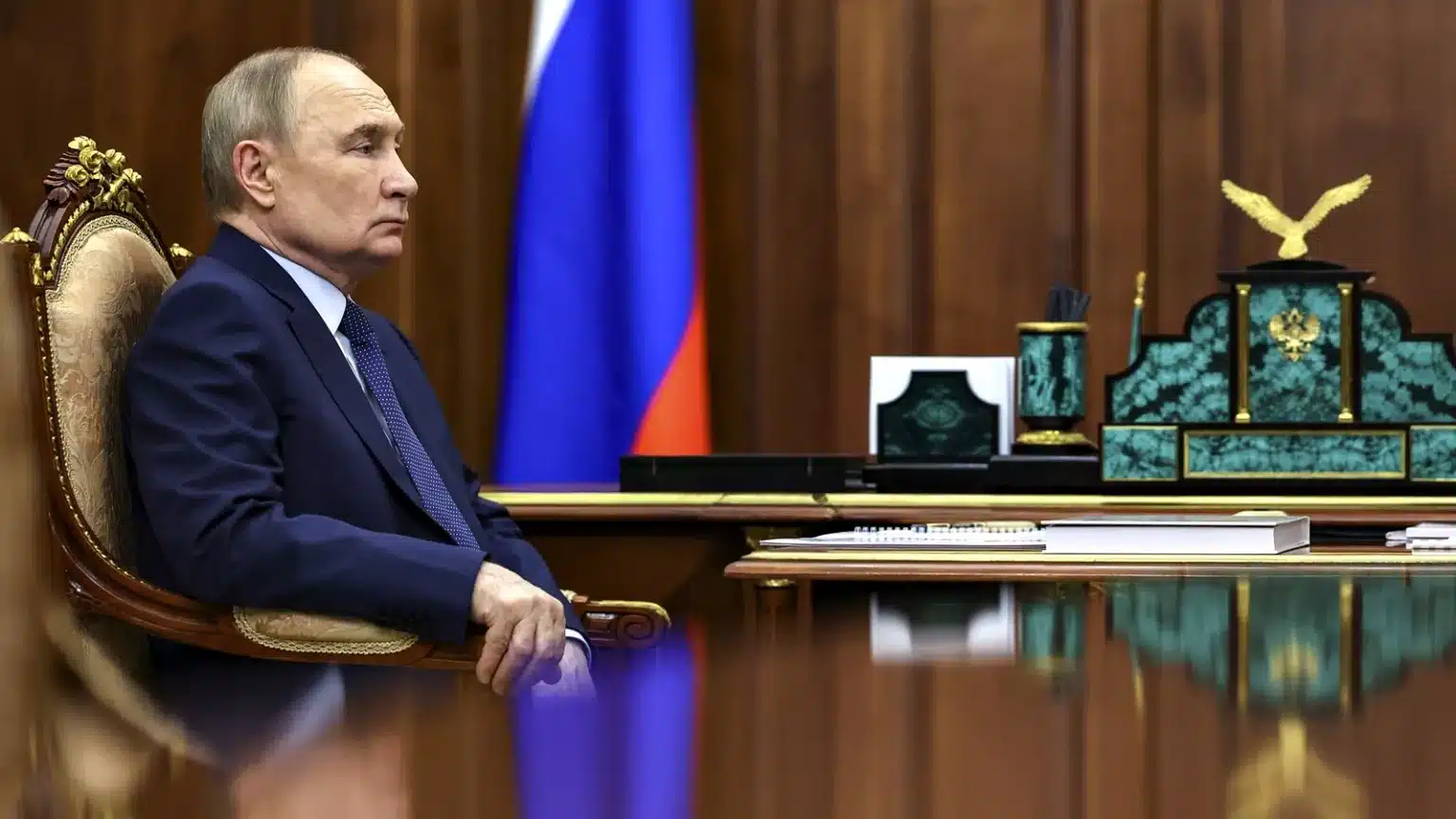Understanding the EU’s New Sanctions on Russia: Key Insights

The European Union has announced its 18th package of sanctions against Russia, intensifying efforts to undermine Moscow’s oil revenues and financial networks amid the ongoing conflict in Ukraine. Approved on Friday, these new measures primarily target the energy sector, shipping, and financial transactions. The sanctions include a fresh price cap on Russian oil, a ban on transactions related to the Nord Stream gas pipelines, and a blanket prohibition on dealings with Russian financial institutions.
New Price Cap on Russian Oil
At the core of the latest sanctions is a new price cap on Russian oil, set to take effect on September 3. This cap will be pegged at 15% below the average market price of Russian crude, currently estimated at around $47.60 per barrel. This represents a significant reduction from the $60 limit established by the G7 in December 2022. The EU aims to limit Russia’s energy income while minimizing disruptions to global oil supplies. Under the new regulations, any crude oil purchased above the cap will not be eligible for shipping, insurance, or reinsurance by EU firms. The EU and Britain had previously urged the G7 to lower the existing cap, but opposition from the United States hindered a unified approach, prompting the EU to act independently. However, challenges remain in enforcing this measure, as oil transactions are predominantly conducted in US dollars, with American banks controlling payment processing.
Targeting the Shadow Fleet
To further disrupt Russia’s oil trade, the EU has banned an additional 105 ships from its ports and waters. These vessels are often involved in ship-to-ship transfers, a tactic used to obscure the origin of Russian oil. With this latest addition, the total number of sanctioned ships has surpassed 400. The EU has also blacklisted a private operator of an international flag registry and an entity linked to Russia’s liquefied natural gas sector, although their identities have not been disclosed. This move is part of a broader strategy to combat Russia’s attempts to circumvent sanctions through the use of aging tankers.
Comprehensive Financial Sector Ban
In a significant escalation, the EU has imposed a complete ban on transactions with Russian financial institutions, many of which are already excluded from the SWIFT banking system. This ban also extends to Russia’s sovereign wealth fund, the Russian Direct Investment Fund (RDIF). Additionally, EU countries have agreed to lower the threshold for penalizing foreign financial entities that assist Russia in evading sanctions or funding its military efforts. This comprehensive approach aims to tighten the financial noose around Russia, making it increasingly difficult for the country to sustain its war efforts.
India’s Response to the Sanctions
In response to the EU’s unilateral sanctions, India’s Ministry of External Affairs criticized the bloc for its “double standards” in energy trade. MEA spokesperson Randhir Jaiswal stated that India does not support unilateral sanctions and emphasized the country’s commitment to energy security for its citizens. The EU’s latest sanctions include measures targeting Nayara Energy, an Indian refinery partly owned by Rosneft, which holds a 49.13% stake in the company. Nayara operates a major refinery in Gujarat and runs over 6,750 fuel stations across India, highlighting the potential impact of these sanctions on India’s energy landscape.
Observer Voice is the one stop site for National, International news, Sports, Editor’s Choice, Art/culture contents, Quotes and much more. We also cover historical contents. Historical contents includes World History, Indian History, and what happened today. The website also covers Entertainment across the India and World.
Follow Us on Twitter, Instagram, Facebook, & LinkedIn

